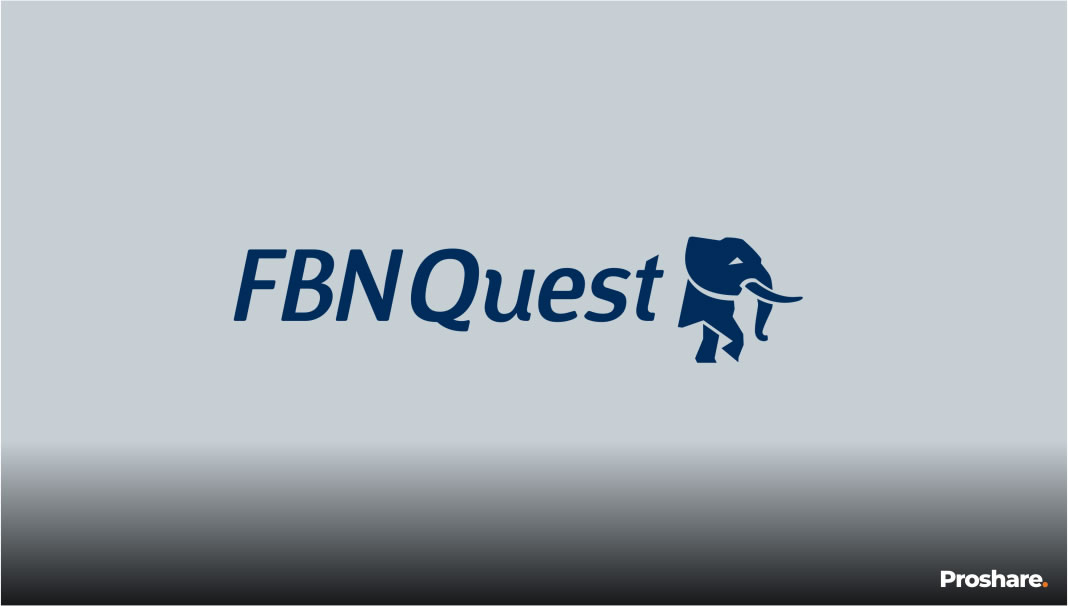SVB Failure: Lessons for Nigeria on Risk Management
Since its inception in 1983, Silicon Valley Bank (SVB) had as its major clients, tech start-ups. Many founders obtained their first business loans from SVB. However, the fact that the bank’s exposure was large to Tech companies whose profitability was sensitive to rising interest rates meant that the consistent rate hikes undertaken by the Federal Reserve’s Bank (Fed) would force the bank’s clients to withdraw from their accounts to meet their liquidity needs. It did not help that; Silicon Valley Bank had invested deposits in long-dated bonds which had lost value as interest rates rose. As fears that clients would lose their uninsured deposits over and above US$250,000 became rife, a financial system panic ensued. The Fed has had to step in to provide assurance for even uninsured deposits and banks that hold the fixed-income securities of Silicon Valley Bank in a bid to contain a potential contagion. The likely outcome is that the bank goes into receivership with the Fed and the FDIC as chaperones. While some Nigerian start-ups are exposed to Venture Capitalists who bank with the Silicon Valley Bank, the impact of the current crisis on Nigeria is not expected to be severe. However, Analysts believe that a lesson or two can be learned from the episode which is still unfolding. First, Analysts view the SVB collapse as the outcome of an overexposure in lending to a single sector (Tech) and an over-dependence on the same sector for deposits, a similar pattern has been observed with Nigerian Banks in respect of Oil and Gas companies. Secondly, the Central Bank of Nigeria (CBN) and the Nigeria Deposit Insurance Corporation (NDIC) need to step up their scrutiny of the risk management practice of Nigerian banks to prevent a similar incident (see illustration 1 below).
Illustration 1:
SVB and the Stock Bulls
The collapse has made investors worried about the risks in banking and served as a wake-up call for stock bulls who may have become complacent about banking risks. The liquidity concerns in the banking sector have sparked a selloff, leading to the worst week of the year for US stocks, while European banks have tumbled the most since September 2022. SVB's problem has shown that the banking sector has weaknesses and has reminded people that banking risks can have a big impact on the stock market. Even though the trouble with SVB is not a big problem for the whole banking system. The SVB blowout serves as a warning for stock bulls to remain vigilant about sector risks. Since the crisis, SVB stock has plummeted by -152.7% from US$267usd Wednesday to US$106.04 as of Friday 10 March 2023. The effect was also felt in Signature Bank which recorded a loss of -27.01% in its share price from US$98.15 on Wednesday to US$70 on Friday. Sadly, Analysts expect selloffs to continue as investors pivot to safer assets.
A tech Bungee Jump Unlikely
The impact of the crisis has predictably crossed borders, unsettling industry hotspots across the globe. This includes companies rooted in Africa’s burgeoning tech scene which has seen an influx of capital from the west in recent years. Tech companies are at risk of running out of cash to make payroll in the next few weeks which could potentially trigger another phase of job cuts or the sudden shuttering of establishments that employ thousands. However, Nigeria’s tech startup founders say the ecosystem in Africa’s most populous country, which has attracted the most investments from venture capital firms with links to Silicon Valley, is likely to suffer minimal impact.
Analysts believe that the collapse of SVB will have some impact on Nigerian tech firms, as the bank was one of the few institutions that specialized in serving the technology sector. The loss of this crucial source of funding and support could make it slightly more difficult for Nigerian tech firms to access capital and finance their operations, potentially leading to a slowdown in the growth of the industry. However, analysts believe that it is also an opportunity for local investors and banks to step in and fill the gap. This could lead to a more diversified funding landscape, with a greater emphasis on local investment and support for Nigerian startups.
HSBC and SVB in the UK
HSBC has come to the rescue for the SVB UK subsidiary, acquiring the bank for 1 pound under a deal facilitated by the British government and the Bank of England. The deal only involves the acquisition of the UK’s assets and liabilities and excludes all assets and liabilities of the parent company. As of March 10, 2023, SVB UK had loans of around £5.5bn, and deposits of £6.7bn. The swift acquisition will give assurance to customers about their funds and ease their panic and anxiety. However, analysts view the deal more like a customer acquisition strategy for HSBC while the 1-pound payment serves as a glue that binds the contract.
 Lagos, NG • GMT +1
Lagos, NG • GMT +1











 748 views
748 views

















 Sponsored Ad
Sponsored Ad
 Advertise with Us
Advertise with Us









